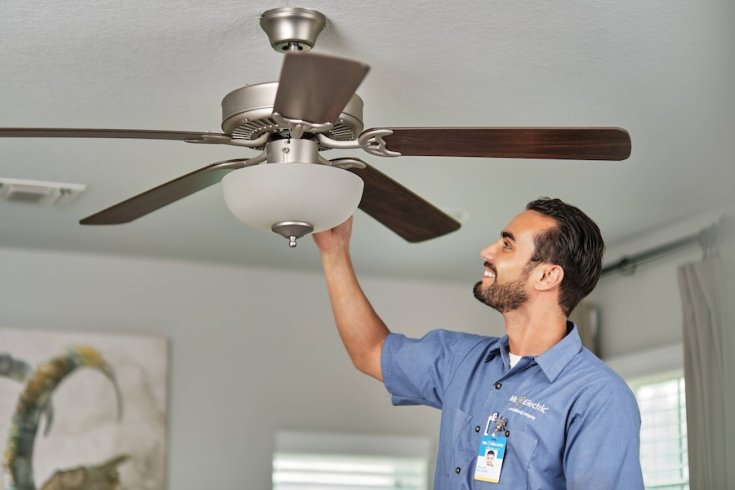
24-Hour Emergency Electricians in Fort Worth, TX
Call this Thursday to Get 10% OFF
Need an electrician?
Schedule NowRequest Electrical Service Now
817-585-299324-Hour Emergency Electricians in Fort Worth, TX
Call this Thursday to Get 10% OFF
Need an electrician?
Schedule NowRequest Electrical Service Now
817-585-2993
Generator installation is a crucial investment in your home’s or business’s functionality during unexpected power outages. A reliable backup power system gives you peace of mind and convenience, which is why it's essential to hire a licensed electrician in Fort Worth, TX. Unlike DIY enthusiasts, the technicians from Mr. Electric leverage extensive expertise and proven strategies to ensure a seamless process, optimal performance, and long-lasting results. If you prefer a more hands-on approach, work with a professional to navigate the process smoothly while ensuring compliance with local codes.
Installing a standby whole-house generator may seem straightforward from the numerous online tutorials available. However, there are many moving parts involved, from acquiring permits and connecting fuel lines to electrical work and local safety regulations. If you are considering a DIY generator installation, it's essential to note that the process involves more than just placing the generator next to your home. This layered process involves specific steps to ensure compliance with local codes and safety regulations. A mistake in any area can cause serious operational, legal, and financial problems.
A whole-house generator keeps your home comfortable and safe during outages. While it may be tempting to tackle generator installation by yourself, knowing what could go wrong can help you make informed decisions. Here are common DIY mistakes you should look out for to ensure you make the most of your investment.
Sizing is a crucial factor when installing a backup power system. A smaller unit won’t meet your home’s power needs, overloading the system and causing damage to your appliances. Conversely, an oversized generator can use more fuel and increase operating costs. The most effective way to avoid such scenarios is to hire a licensed electrical service provider to calculate the load and ensure it aligns with your home’s energy demands.
Many DIY enthusiasts lack the necessary expertise and often overlook local codes and regulations. Electrical work is regulated by local authorities, which means municipalities enforce strict rules for electrical work to protect homeowners and their communities. Furthermore, DIYers may overlook the necessary permits or inspections, leading to costly fines, safety hazards, and insurance claims. A certified technician can ensure compliance with local requirements and protect you from legal and financial headaches.
Generator installation involves electrical wiring to ensure reliable power during outages. Connecting a whole-house unit to your electrical system is not an easy task, and even the slightest mistake can lead to dangerous situations and costly replacements. Also, incorrect fuel line connections can cause leaks, fire, and explosion hazards. Before breaking out your toolbox, consult a professional electrician to handle these complex tasks safely.
Did you know that where you place a generator is crucial in ensuring high performance and preserving indoor comfort? If you install a generator too close to doors, windows, and vents, carbon monoxide (CO) can seep into your home and cause safety risks. Besides the potential air contamination, improper placement during a DIY generator installation can lead to noise violations or overheating. A certified electrician knows how to evaluate your property’s layout and select a suitable location to ensure proper ventilation, safety, and compliance with local noise codes.
While a generator is a significant investment, its reliability and longevity rely on proper installation. Contact Mr. Electric today to book an appointment with our experts and eliminate guesswork throughout the process. We provide comprehensive electrical services, addressing your backup power system needs effectively and efficiently.